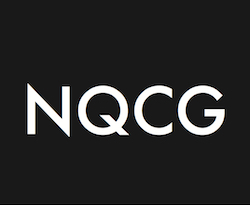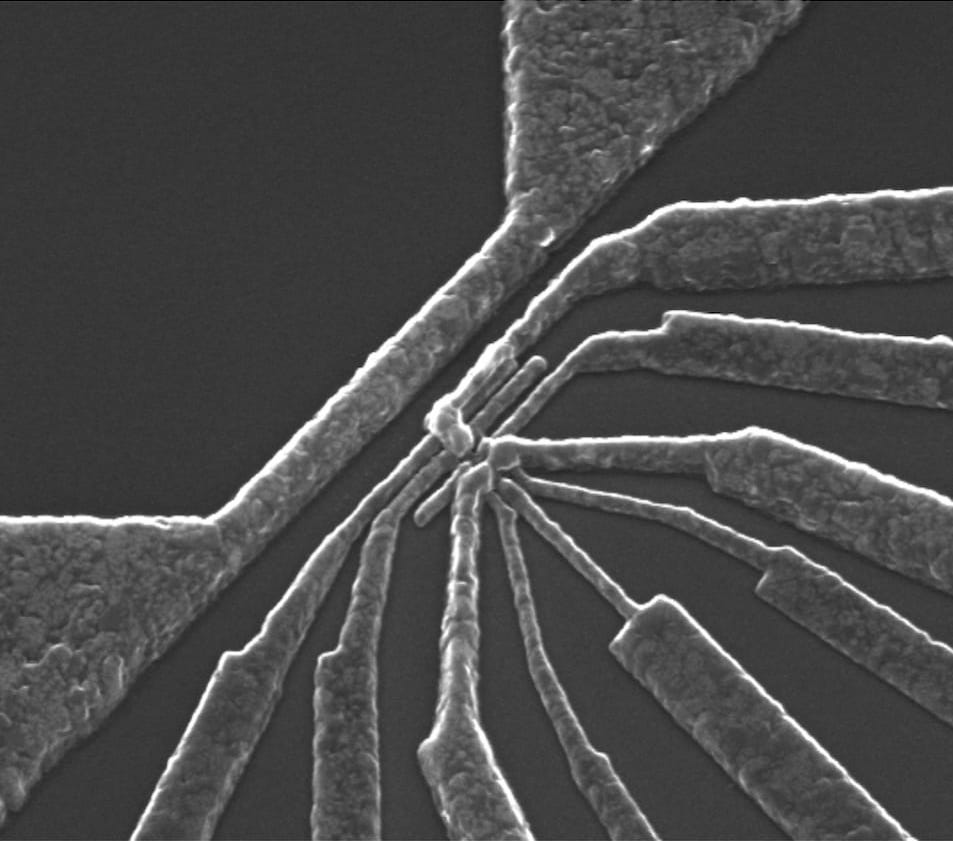Nanotechnology
Nanoscience and nanotechnology are the study and application of extremely small things and can be used across all the other science fields, such as chemistry, biology, physics, materials science, and engineering.
Its goals are to understand and control matter and processes at the nanoscale, typically, but not exclusively, below 100 nanometres in one or more dimensions where the onset of size-dependent phenomena usually enables novel applications, and/or utilising the properties of nanoscale materials that differ from the properties of individual atoms, molecules, and bulk matter, to create improved materials, devices, and systems that exploit these new properties.
As the science of nanotechnology has evolved, the understanding of nanoscale phenomena, nanomaterials and interactions at the nanoscale have matured. The time is now ripe to incorporate the learning into significant opportunities for productization and integration to address improvements to existing market segments and to enable new products and markets to develop.
Use of advanced data analytics architectures and machine learning can be an important piece of the puzzle that shows how to engage in enhancing market domains and entering new market arenas through identification of relationships between nanotechnology and capabilities.
In order to generate a map that shows how advanced nanomaterials research can yield innovations that provide meaningful market differentiation, NQCG uses nanomaterials ontology resources together with business intelligence reasoning engines. The output of these artificial intelligence (AI) efforts can quickly enable businesses to make complex decisions about market needs that are enabled by nanotechnology, identify capabilities and benefits that generate differentiation and market mover advantages as well as provide an understanding of the competitive landscape informing investment strategies.
Back to top
 Image Courtesy A. Dzurak, University of New South Wales
Image Courtesy A. Dzurak, University of New South Wales